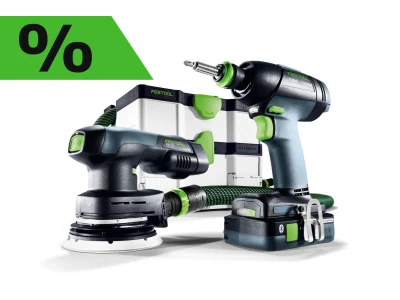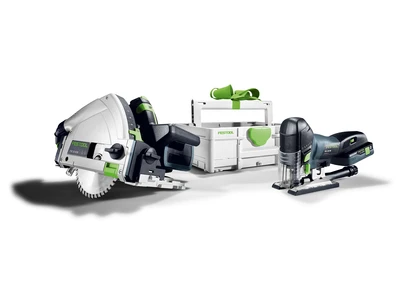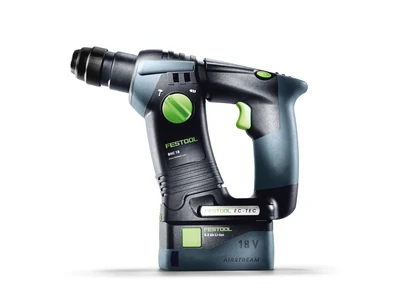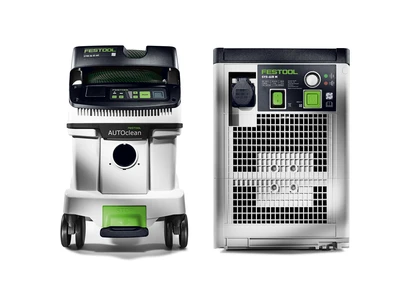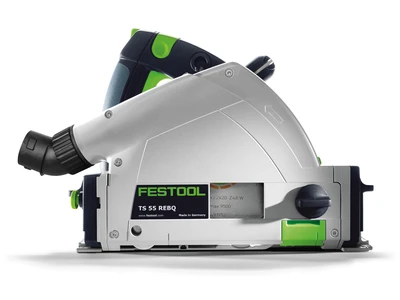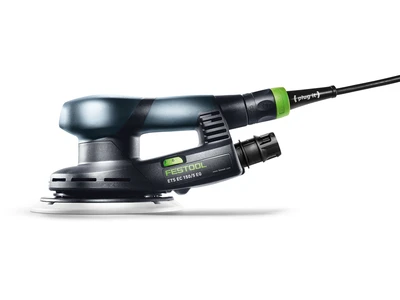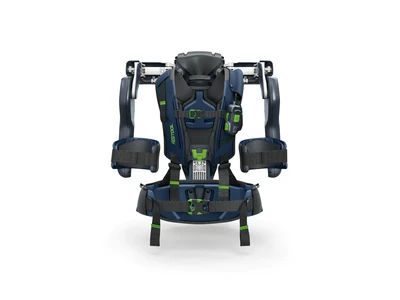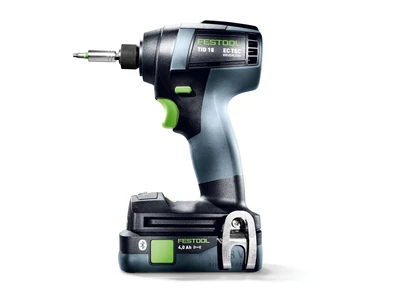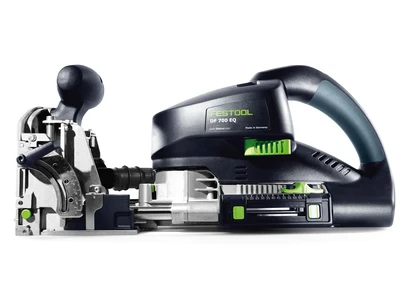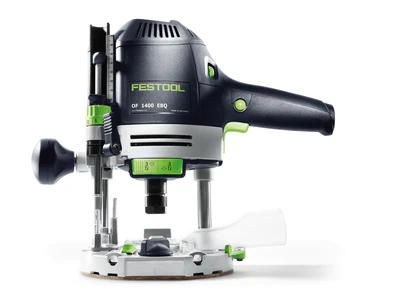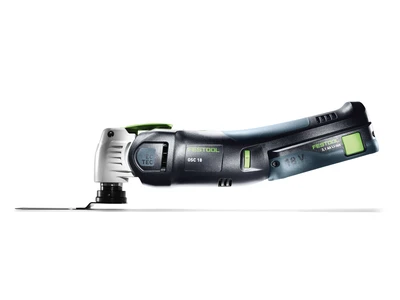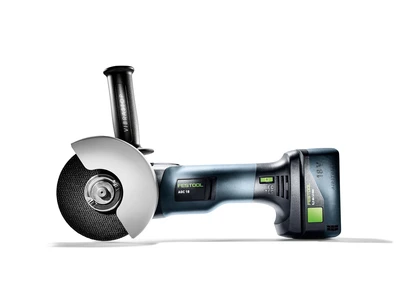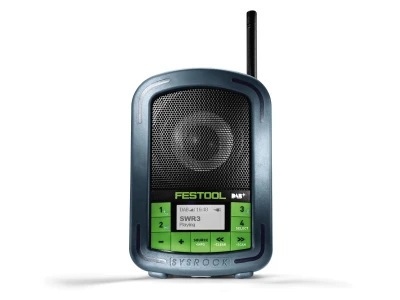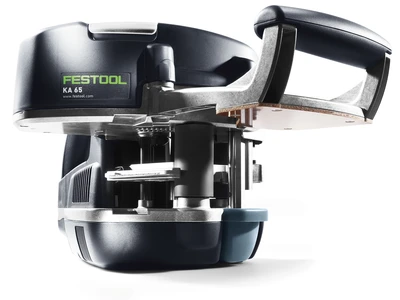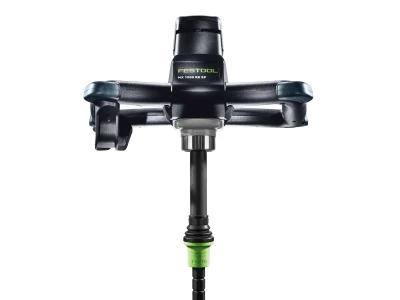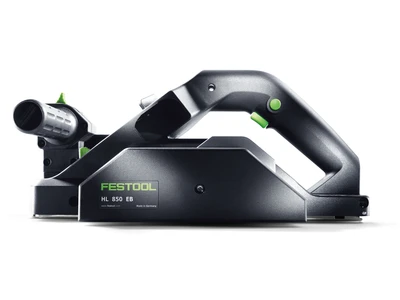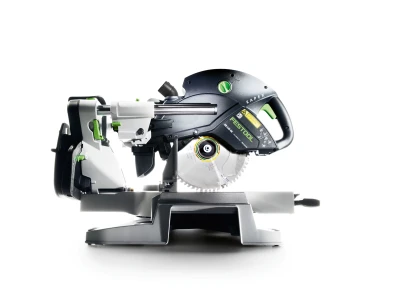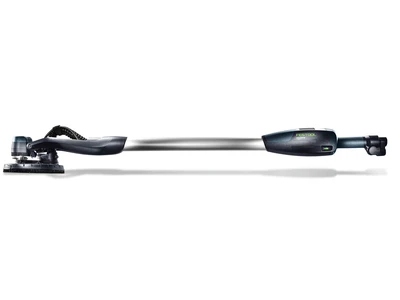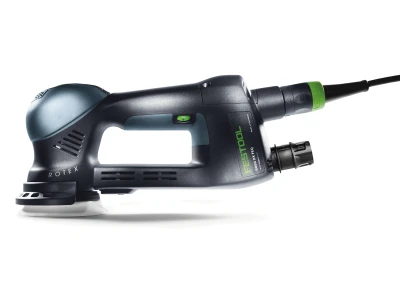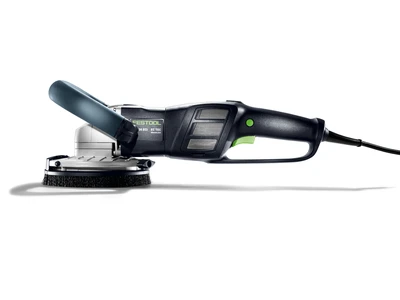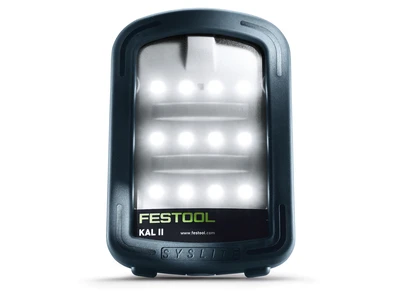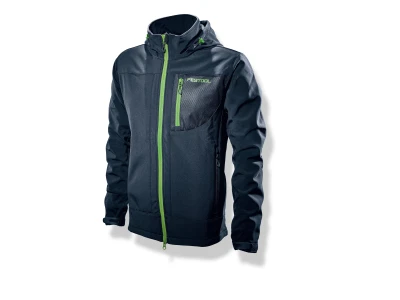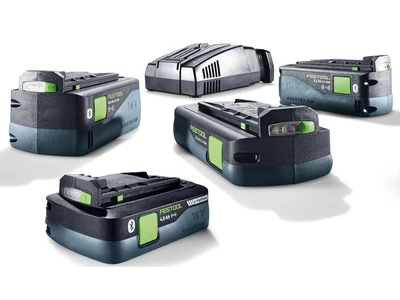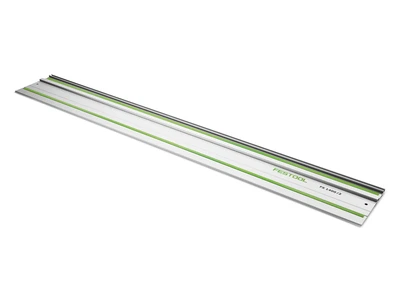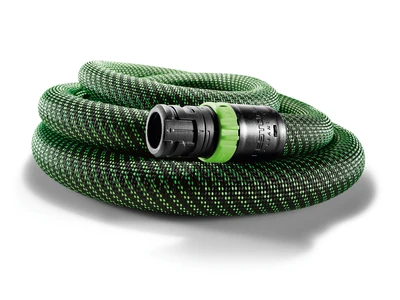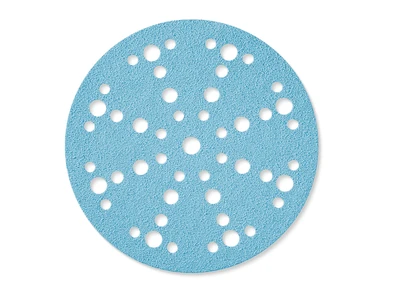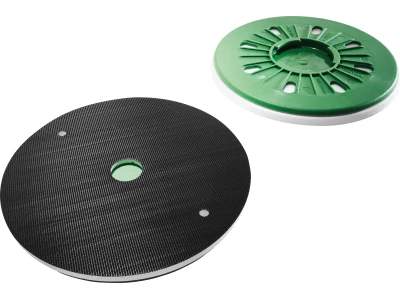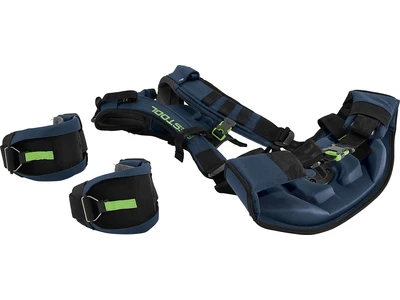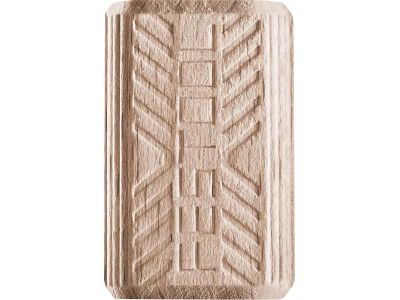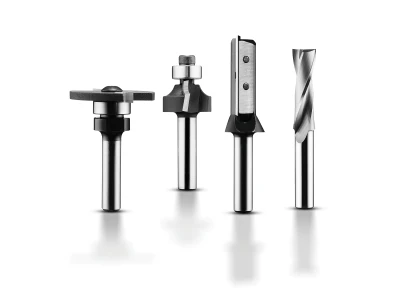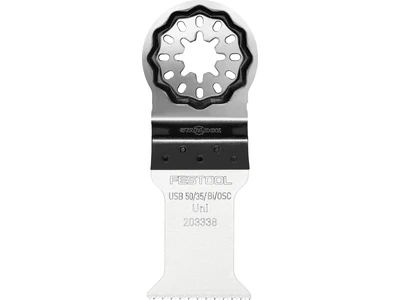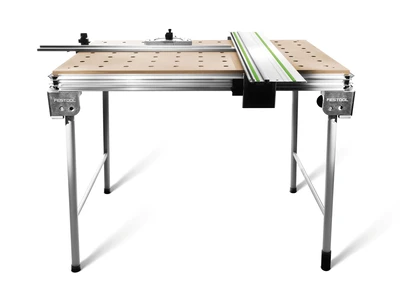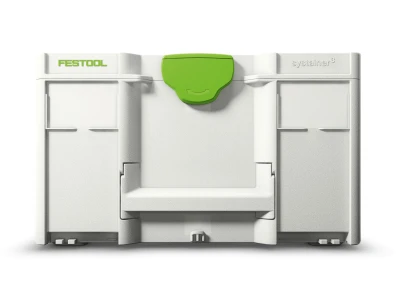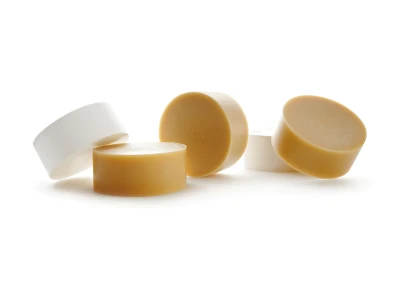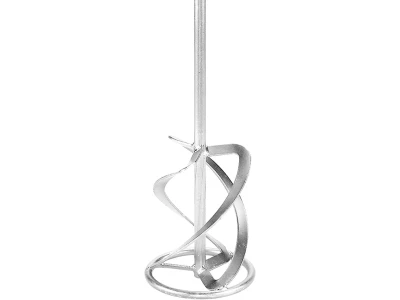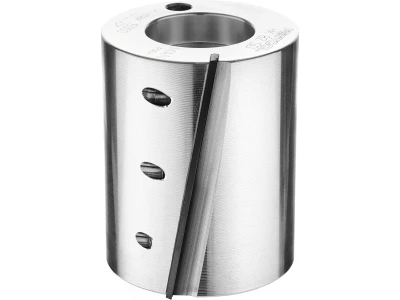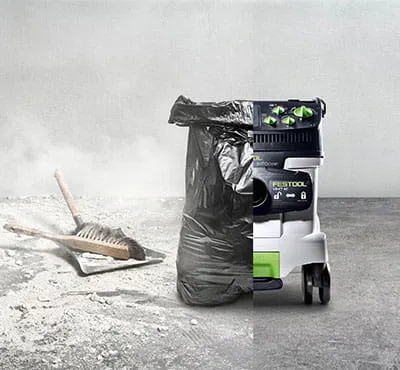
Because clean working is simply healthier
A large volume of fine dust arises when sanding wood or mineral materials, which can pose a serious health risk. Many studies show that this can lead to permanent problems for the respiratory tracts. Therefore, in the interest of their own health and in compliance with legal regulations, painters and paint shops should ensure the air in their working environment is clean and work with certified and approved mobile dust extractors.
According to the Dutch TNO testing institute, the limit values are always exceeded when working without dust extraction – sometimes over 100 times more. For instance, when sanding drywall filler in a 90 square metre apartment up to 54 litres of dust is generated*1. For these reasons, one should always consider the health of all those involved, employees and customers, when working with materials that generate dust. Dust arises when processing and machining materials, which can pose a serious health risk.
Interesting information about dust
The types of dust are as diverse as the materials from which they come. The composition decides how hazardous the respective dust is to our health. For example, quartziferous substances in mineral dust are particularly dangerous, as they can lead to lung cancer, among other things. As well as the type of dust, the duration of exposure and amount of dust are also essential in determining the level of health risk. The longer the exposure to the dust and the greater the volume of dust, the more dangerous it becomes. The size of the dust particles should also be considered, because the finer the particles, the deeper they can penetrate into the lung tissue. It is also important to know that the same occupational exposure limits*2 in the bodyshop also apply on the construction site. This is why mobile dust extractors also always have to be used on the construction site.
Keeps your lungs healthy. And your customers happy.
Mobile dust extractors impress not only on account of their health benefits, but also from the customer's point of view. Because, in addition to a cleaner working environment, better work results can be achieved which ultimately leaves a lasting impression on customers and leads to more recommendations and follow-up orders.
It comes down to the proper dust class!
As dust occurs in various forms, dust extraction is simply not enough – for your health or under legislation. With its product portfolio, Festool covers the entire range for dust extraction: Dust class L (simple and harmless dust such as household dust, clear coats and plaster, as well as materials such as earth, M (all wood dust and dust from fillers, repair compounds and cement, tile adhesive and paints, as well as latex and oil-based paints or quartziferous materials like sand and gravel) and H (carcinogenic dust, dust with carcinogenic and pathogenic particles, as well as dust with mould spores, asbestos, mineral fibres, bitumen and artificial mineral fibres like glass wool). Festool also offers special Class B dust extractors for combustible and explosive dust. When it comes to dust extraction, Festool always recommends using a dust extractor with the proper dust class for the corresponding material.
Dust extraction with a system!
Mobile dust extractors are an integral element of the Festool system concept. This is why Festool not only develops its own tools, but its own extractors too. They are compatible with all Festool electric power tools and air tools. For instance, there are extractors with container volumes ranging from 10 to 48 litres, as well as some with or without automatic main filter cleaning (at Festool AC stands for AUTOCLEAN). They*3 are equipped with an integrated hose garage, Sys-Dock for holding the Systainer, Sortainer and Workcenter and embedded in a complete system of accessories and consumables – from self-cleaning filter bags to various suction hoses through to handles or tool holders.
On the whole, if one uses a dust extraction system when working, it is not only in their best health interest and also ensures cleaner air in the working environment, but also satisfies the legal regulations. Further information on the "Dust-free initiative"*4 is available online at www.festool.co.uk/dustfree
*1 Basis of example: 90 m² living space, entire area filled, sanding of wall and ceiling using the long-reach sander LHS 225 PLANEX
*2 The occupational exposure limit is the time-weighted average concentration of a substance in the air at the workplace, at which acute or chronic damage to the health of the employees cannot be expected. When defining the occupational exposure limit, it is generally understood as eight hours exposure over five days a week during the working life. The occupational exposure limit is specified in mg/m³ and ml/m³ (ppm).
*3 Applies to all CT mobile dust extractors – except the CT 17
*4 Festool mobile dust extractors can collect up to 99.995% of dust generated during classic sanding, sawing and routing applications.


